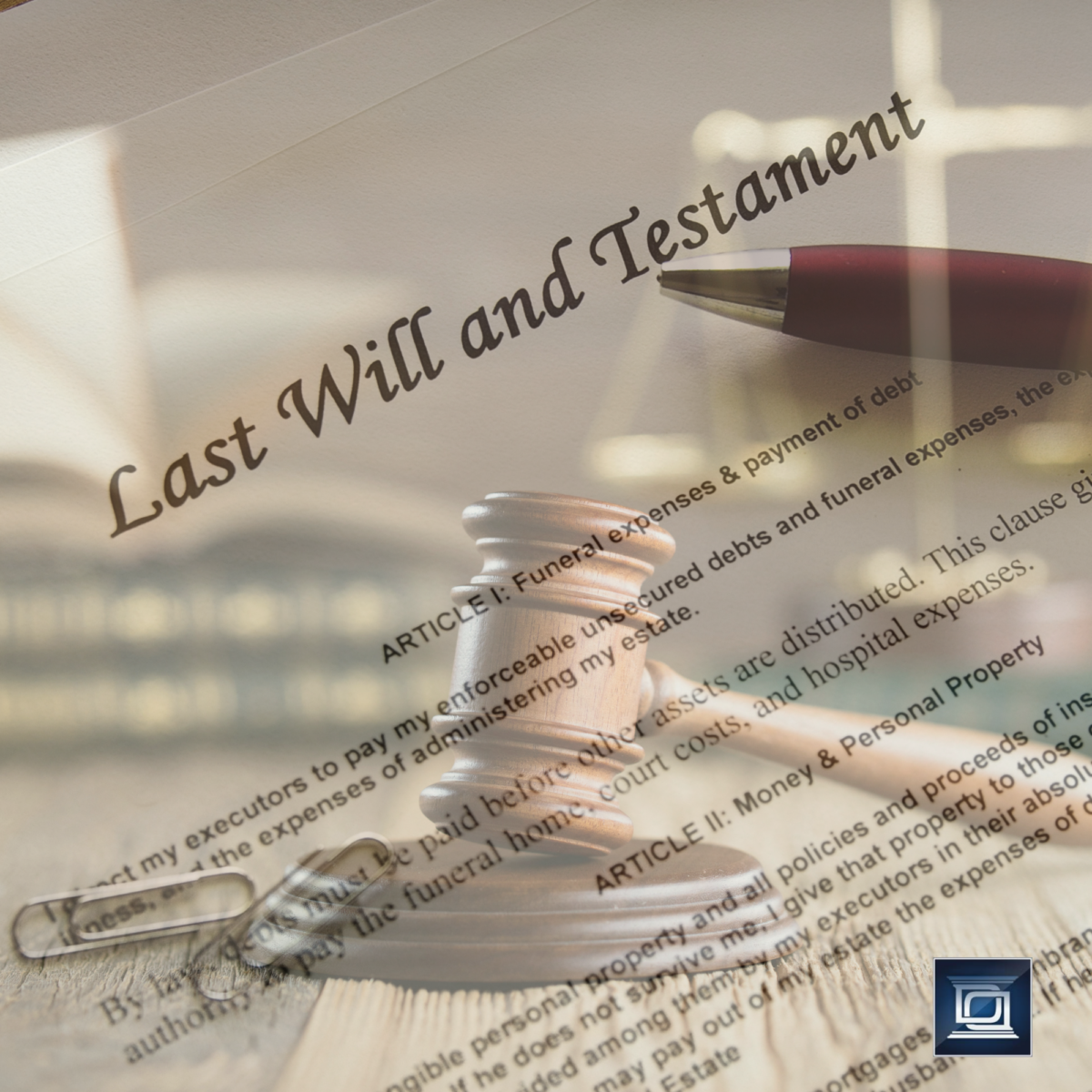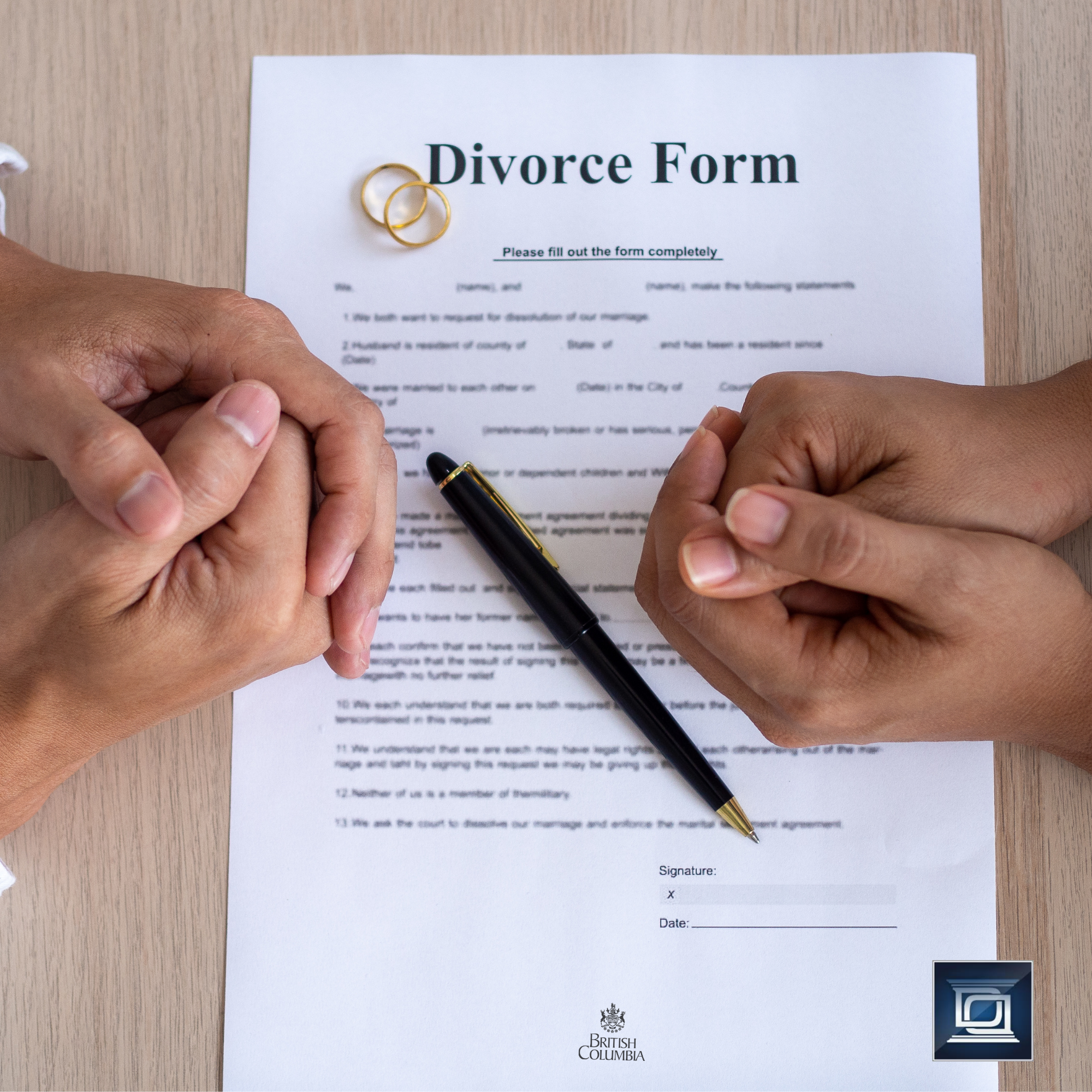Divorce can be a complicated and emotionally-charged process, especially when it comes to property division. After years of living together and sharing expenses, it may be hard to tell who is entitled to what assets, or who owes money. In British Columbia, the law governing property division is the Family Law Act, which sets out a framework for dividing property fairly between spouses. In this blog post, we’ll take a closer look at the ins and outs of property division in British Columbia divorces.
First, it’s important to understand what types of property are subject to division. Under the Family Law Act, all property acquired by either spouse during the course of the marriage is considered “family property” and is subject to division. This includes real estate, vehicles, bank accounts, investments, and other assets. There are some exceptions, such as gifts or inheritances that are specifically designated as “excluded property” and not subject to division.

How is property divided after divorce in BC?
Under the Family Law Act, property is divided based on the concept of “equal division”, which means that each spouse is entitled to a fair and equal share of the family property. However, equal division doesn’t necessarily mean a 50/50 split. The court will consider a number of factors in determining how to divide the property, including the length of the marriage, the contributions of each spouse to the acquisition and maintenance of the property, the needs of each spouse, and any agreements the spouses may have already reached.
In British Columbia divorces, the matrimonial home is subject to special rules. If one spouse owned the home before the marriage, the other spouse may still have a claim to a portion of the equity in the home if it was used as the family residence. If the home was acquired during the marriage, it is considered family property and subject to division.
It’s worth noting that this can be a complex and emotionally charged process, and it’s often best to seek the advice of a qualified family law lawyer. A lawyer can help you understand your rights and obligations under the Family Law Act, and can assist you in negotiating a fair and equitable division of your property.

What are the time limits for property division in BC?
In British Columbia, there are no specific time limits for division of property after a divorce. However, it’s important to note that there are time limits for making certain types of property claims. For example, a spouse must make a claim for an unequal division of property within two years of the date of separation. This claim can be made in court or through negotiation with the other spouse.
In addition, there may be tax implications associated with the division of property, such as capital gains tax or transfer tax. It’s important to consider these factors when negotiating a division of property.
It’s also worth noting that the longer a separation goes on without resolving who is getting what property, the more difficult it may become to reach a fair and equitable division of property. This is because the value of assets may change over time, and it may be more difficult to trace the source of funds used to acquire assets. Therefore, it’s generally the best idea to address this as early as possible in the divorce process.
What is “unequal division of family property?”
In British Columbia, the default rule for division of family property upon separation or divorce is equal division between spouses. However, there are situations where an unequal division of property may be appropriate.
The Family Law Act of BC sets out the factors that may be considered by the court when deciding whether an unequal division of property is appropriate. These factors include:
- Duration of the relationship
- The role of each spouse in the acquisition, preservation, maintenance, and improvement of property
- The extent to which property was acquired during the relationship through inheritance or gift
- Any written agreements between the spouses, including prenuptial or cohabitation agreements
- Any other factors that the court considers to be relevant.
If the court determines that an unequal division of property is appropriate, it will take into account the factors listed above and may award one spouse a greater share of the property than the other. The exact amount of the unequal division will depend on the specific circumstances of the case.
What happens to property acquired after separation but before divorce?
According to the Family Law Act, the date of separation is a significant factor in determining how property acquired during the separation period will be treated.
In BC, property acquired after the date of separation but before the divorce is generally considered “excluded property.” This means that property acquired during this period is not subject to division or equal sharing between the spouses upon divorce.
The Family Law Act defines the date of separation as the date when one or both spouses no longer considers the marriage to be viable and there is a clear intention to live separate and apart. It’s important to note that living under the same roof doesn’t necessarily mean spouses haven’t separated, as separation can occur even if they continue to live in the same residence.
Any property acquired after the date of separation, including income, assets, or debts, is usually considered the sole property of the spouse who acquired it. This exclusion applies unless the spouses have a written agreement stating otherwise. If there is no written agreement, the property acquired during this time remains with the spouse who obtained it, and the other spouse generally has no legal claim to it.
What is considered excluded property?
Excluded property refers to property that is not subject to division between spouses upon divorce or separation. Under the Family Law Act, there are several types of property that may be considered excluded property, including:
- Property that was owned by a spouse before the marriage or relationship began;
- Property that a spouse inherits or receives as a gift during the marriage or relationship, unless the inheritance or gift is from the other spouse;
- Property that a spouse acquired after the separation date; and
- Money received as a settlement or award for damages in a personal injury lawsuit, unless the damages are for expenses that a spouse has already paid for from family assets.
It’s important to note that excluded property can become family property if it is used to purchase other property during the marriage or relationship. For example, if one spouse uses their inheritance to buy a house during the marriage, the house may be considered family property and subject to division.
Determining what constitutes excluded property can be complex, and may require legal advice. In some cases, spouses may need to provide evidence to prove that certain property is excluded. This is why it’s important to consult with a family law lawyer to understand your rights and obligations.
If you’re looking for assistance with property division in your separation or divorce, get in touch with the team at Dhanu Dhaliwal Law Group today.






